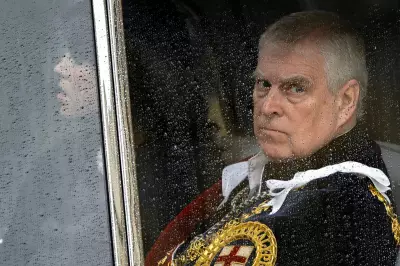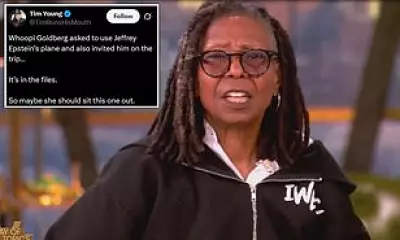
With the TV licence fee increasing to £169.50 annually, millions of Britons are questioning what they're actually paying for and whether they can legally avoid the charge. The rules around television licensing are more complex than many realise, and misunderstanding them could land you with a £1,000 fine.
What Exactly Requires a TV Licence?
Contrary to popular belief, you don't need a TV licence simply for owning a television set. The requirement kicks in the moment you watch live television broadcasts on any channel, regardless of whether it's BBC, ITV, Channel 4 or any other provider. This includes streaming live content through services like YouTube or Amazon Prime.
Additionally, you must pay if you download or watch BBC programmes on iPlayer - even if they're catch-up rather than live. This is the crucial distinction that catches many people out.
What You Can Watch Licence-Free
The good news is there's plenty of entertainment available without needing to pay the fee:
- Streaming services like Netflix, Disney+ and Amazon Prime Video (excluding live content)
- Non-BBC catch-up services including ITV Hub, All4 and My5
- YouTube videos (provided they're not live broadcasts)
- DVDs and Blu-rays
- Online gaming and console games
How TV Licence Enforcement Actually Works
TV Licensing employs around 450 enforcement officers across the UK who conduct visits to properties without a valid licence. These officers don't have special legal powers - they cannot force entry into your home without a warrant from a magistrate.
However, if you do invite them inside and they find evidence of licence-free viewing, this can be used against you in court. Many people mistakenly believe they can simply refuse to answer the door, but officers may return at different times or use detection equipment to identify television use.
The Consequences of Non-Payment
If caught watching television without a valid licence, you could face prosecution and a fine of up to £1,000 plus court costs. In England and Wales, you might also need to pay a victim surcharge. The enforcement process typically begins with warning letters before escalating to home visits and potential court action.
With streaming services becoming increasingly popular, many households are legitimately cancelling their TV licences. However, it's essential to understand the rules completely before making that decision to avoid unexpected penalties.





